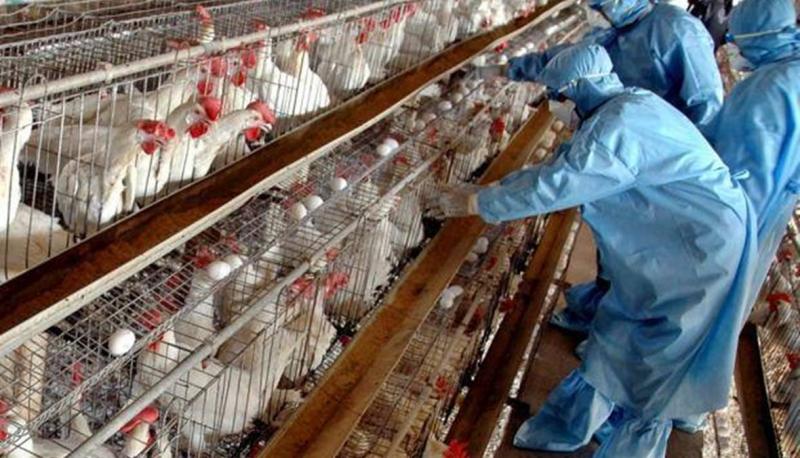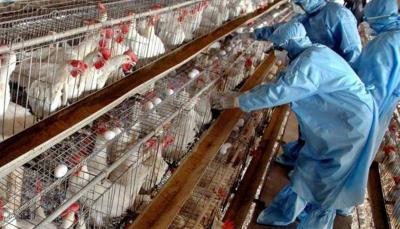A report published today, Tuesday, indicates that the increasing cases of avian influenza among mammals, including livestock in America, serve as a stark warning that the world is unprepared to ward off future pandemics, urging leaders to act swiftly. The report states that more than four years after the COVID pandemic, politicians are "neglecting" by not allocating enough funds or efforts to prevent a recurrence of the disaster.
The avian influenza virus (H5N1) is increasingly transmitting to mammals, including farm livestock throughout the United States, as well as to a few humans, raising concerns that the virus could evolve into a pandemic in the future. Helen Clark, who co-authored the report and is a former Prime Minister of New Zealand, said at a press conference, "If the virus begins to spread from person to person, the world is likely to be unable to cope with it." Clark added that it could be "more deadly than COVID." She stated, "We are not adequately equipped to stop the outbreak before it spreads further."
She also pointed to a more lethal strain of monkeypox affecting children particularly in the Democratic Republic of Congo. She noted that while wealthy countries have vaccines to combat outbreaks of this disease, they are unavailable in the Central African country. Clark explained that two people have now died due to the monkeypox strain in South Africa, illustrating how neglect leads to the spread of pathogens.
Clark chaired the report with former Liberian President Ellen Johnson Sirleaf, who was a member of an independent committee that provides recommendations to the World Health Organization (WHO) on pandemic preparedness. Clark announced that despite the committee's recommendations in 2021, "the funds available now are minimal compared to the needs, and high-income countries are clinging to a traditional charity-based approach rather than equity."
The report noted that WHO member states have yet to reach an agreement on how to address any future emergency pandemic, primarily due to disagreements between wealthy countries and those that felt marginalized during the COVID pandemic. The report urged governments and international organizations to agree on a new accord on any future pandemic by December, as well as to finance more efforts to enhance vaccine production, strengthen WHO's influence, and solidify national efforts to combat viruses.
To emphasize the potential threat, the report referenced research models suggesting that there is a one-in-two chance that the world will face a pandemic of COVID's magnitude in the next 25 years.




